Movies
Latest about Movies
-
-

Hugh Jackman Interrupted Al Roker's Weather Report To Tell A Story About Doing Karaoke With Neil Diamond
By Emma Lambiaso Published
-

Beauty And The Beast's Gaston Is Getting His Own Movie, And I'm So Confused By What's Being Planned
By Adam Holmes Published
-

People Keep Talking About Amanda Seyfried In The Housemaid, But Selena Gomez Knows They're Sleeping On Another Movie
By Corey Chichizola Published
-

New Report Includes Claim That Rob Reiner Argued With His Son At Conan O'Brien's Party The Day Before He Died
By Erik Swann Published
-

We Finally Got To See What The Street Fighter Movie Will Be Like, And It Is Everything I Could Have Ever Wanted
By Rich Knight Published
-

Colman Domingo Reveals How His Running Man Dance Wound Up In The Movie, And I Love How Glen Powell Fit In
By Nick Venable Published
-

Home Alone Director Recalls Convincing Joe Pesci To Do The Scene Where His Hat’s On Fire (And His Daughter Was Involved)
By Ryan LaBee Published
-
Explore Movies
Box Office
-
-

Five Nights At Freddy's 2 Bombs Hard In Its Second Box Office Weekend As Zootopia 2 Returns To The Top Spot
By Eric Eisenberg Published
-
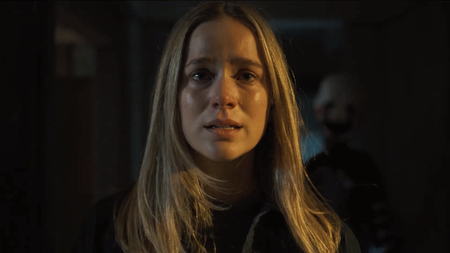
Five Nights At Freddy's 2 Survives Drubbing From Critics And Easily Wins The Weekend Box Office... But It's Not All Good News
By Eric Eisenberg Published
-

Zootopia 2 Surpasses $550 Million Globally, Running Wild At The Box Office Over Thanksgiving Weekend
By Heidi Venable Published
-

Rejoicify! Wicked: For Good Smashes Records At The Weekend Box Office, But It’s Bad News For The Running Man
By Heidi Venable Published
-
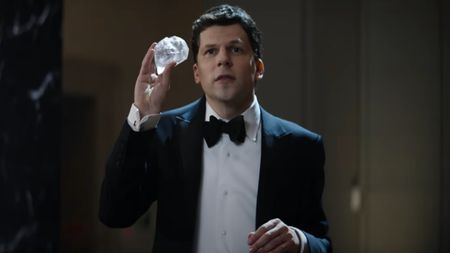
Now You See Me: Now You Don’t Conjures A Win At The Weekend Box Office While The Running Man Lags Behind
By Eric Eisenberg Published
-

Predator: Badlands Is On Its Way To Be The Biggest Predator Movie Ever After Its Awesome Box Office Opening Weekend
By Eric Eisenberg Published
-

Regretting You And Black Phone 2 Battle For The Top Spot At The Box Office During An Extremely Slow Halloween Weekend
By Eric Eisenberg Published
-

Anime Rules The Box Office Again As Chainsaw Man – The Movie: Reze Arc Tears Through The Competition
By Eric Eisenberg Published
-
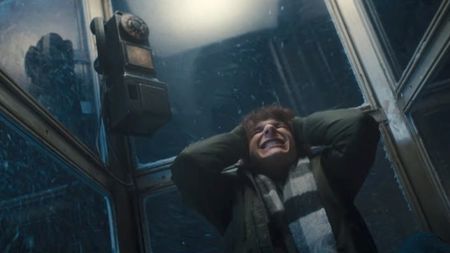
Black Phone 2 Rings Loudly In Its Box Office Opening Weekend While Tron: Ares Crashes And Derezzes
By Eric Eisenberg Published
-
Features
-
-
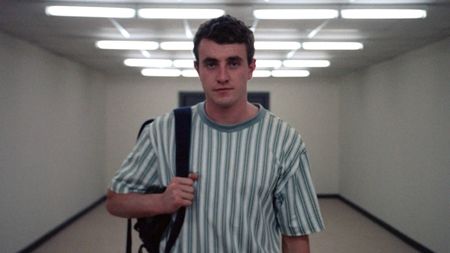
The Best Free Movies Online And Where To Watch Them
By Jason Wiese Last updated
-
 New Issue
New IssueTurn your world Upside Down with the latest issue of SFX – a Stranger Things Collector Pack
By Ian Berriman Published
-

I'm Watching Heated Rivalry, And I'm So Glad There's Finally A Smutty TV Show For Queer Folks
By Corey Chichizola Published
-

Upcoming Video Game Movies And Shows I Can’t Wait To See In 2025 And Beyond – Fallout Season 2, Mortal Kombat II, And More
By Philip Sledge Last updated
-

I Rewatch The Ref Every Year For Christmas. Why More People Need To Have It On Their Holiday Watch List
By Hugh Scott Published
-

I Saw Wicked: For Good With A Group Of Mourning Theater Friends, And It Was Just The Emotional Boost We All Needed
By Corey Chichizola Published
-

Upcoming Horror Movies: All The New Scary Movies Coming Out In 2025 And Beyond
By Sarah El-Mahmoud Last updated
-

LEGO's Willy Wonka Set Looks Scrumdiddlyumptious (And I Want It Now)
By Hugh Scott Published
-
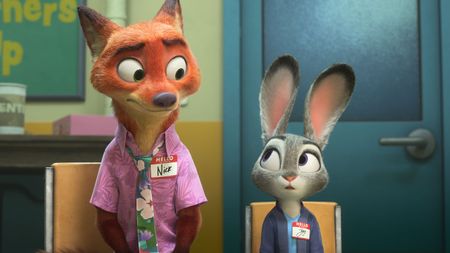
Upcoming Disney Movies: Full List Of Titles And Release Dates
By Dirk Libbey Last updated
-
More about Movies
-
-

Home Alone Director Recalls Convincing Joe Pesci To Do The Scene Where His Hat’s On Fire (And His Daughter Was Involved)
By Ryan LaBee Published
-

Someone Asked Kristen Stewart About ‘Married Life,’ And She Got Real About What She And Dylan Bring To The Table
By Corey Chichizola Published
-
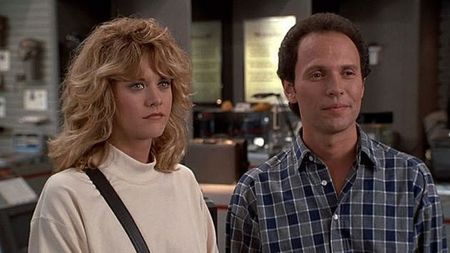
How Rob Reiner’s Wife Michele Helped Change The Ending Of When Harry Met Sally
By Ryan LaBee Published
-